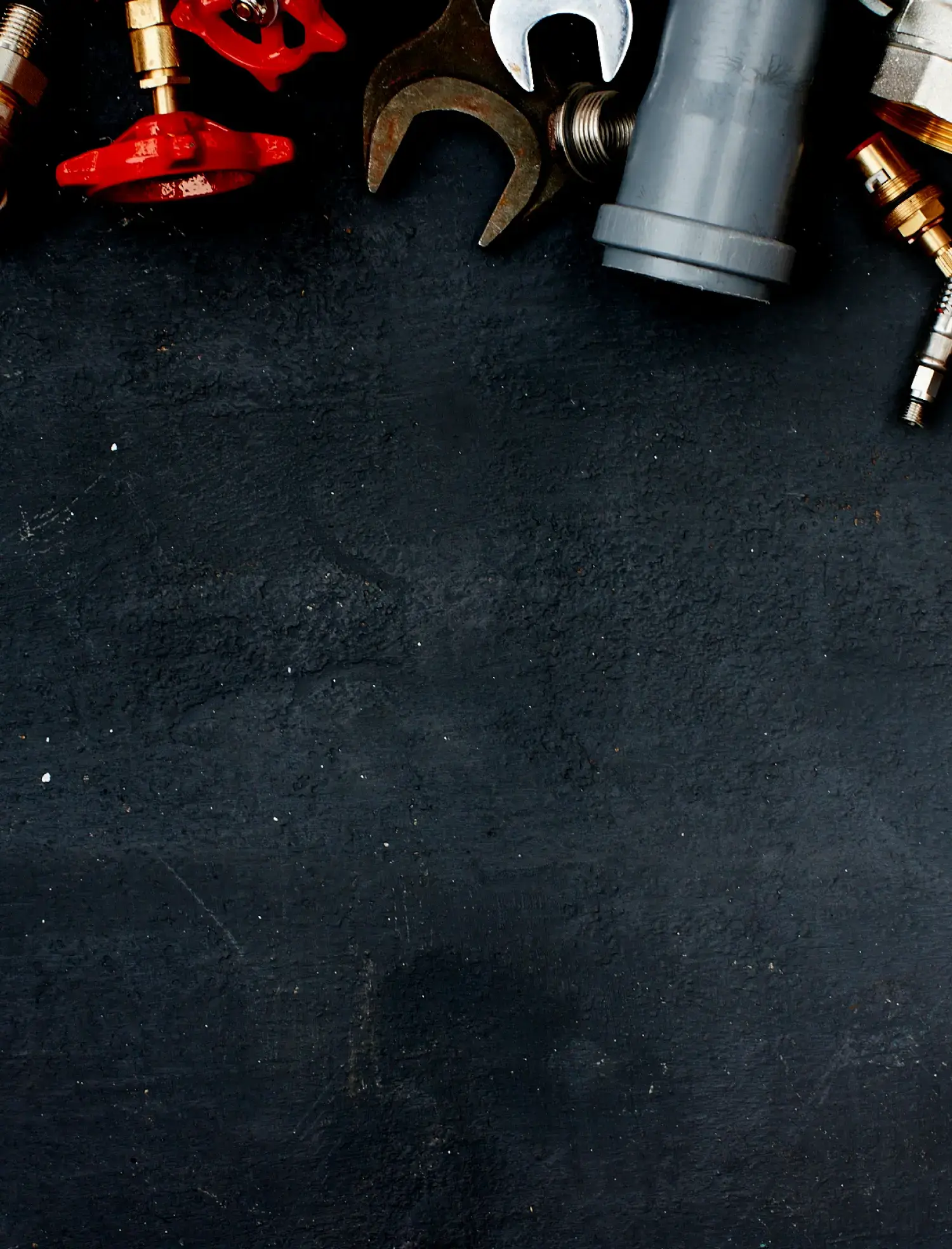Welcome to Our Blog

Our Friendly Team is Standing By
Reach out if you have questions or schedule an appointment if you’re ready for our help.

Reach out if you have questions or schedule an appointment if you’re ready for our help.

License #508377



South Bay
(310) 832-9009Orange County
(714) 960-3300